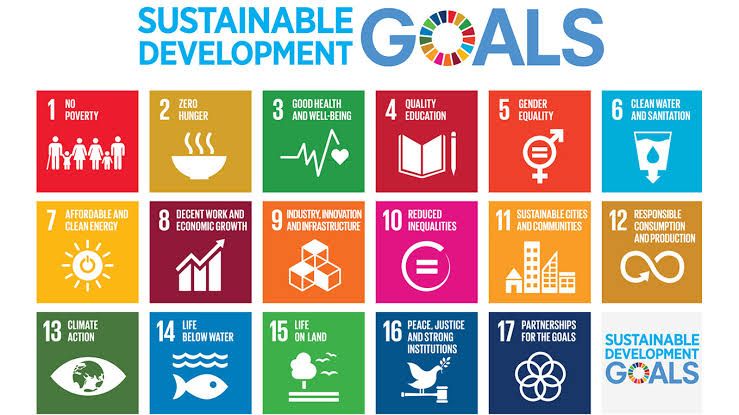'sustainable Development'
Jan 26, 2019 • 9 views
‘Sustainable Development’ has become the most debatable topic today. It has raised many controversies between Development and Environment and that is why it is most relevant today. In India this concept has even greater relevance due to controversy surrounding the big dams and mega projects and related long term growth. Environmental deterioration is increasing day by day due to deforestation, over-grazing, greenhouse gases, etc. If not checked in time our very survival will be at stake. The efforts towards sustainable development can help the earth to keep in balance.
What is sustainable development?
The World Commission on Environment and Development, in its report ‘Our Common Future’ in 1987 defined sustainable development as “development which meets the needs of the present without compromising the ability of future generations to meet their own needs”. Sustainable development does not mean a return to a pre-industrial or pre-technological era. It calls for continued economic growth and for business and industry to play a key role in achieving sustainable livelihoods for all perople–alleviating poverty and improving living standards while maintaining the integrity of the global environment. But the process has been hindered by a conceptual obstacle: the belief that economic progress and environmental protection are mutually opposite goals.
Business and industry have traditionally regarded the environment as an almost limitless source of energy and raw materials, with the environmental costs of doing business shifted to society at large or future generations. This thinking originated with the industrial revolution and achieved its fullest realization in the decades of unprecedented growth following World War II, when innovation produced such high-tech items as computer chips and satellites, new and quicker modes of transport, agricultural green revolution, etc. However, this only served to reinforce a belief in the virtues of unbridled industrial development, even at the expense of the environment.
Human survival is under attach due to environmental degradation. The factors responsible for environmental degradation are population, deforestation and economic development. The emission of greenhouse gases like carbon dioxide, methane are on rise which has led to rise in temperature of earth. This has led to greenhouse effect which can cause melting of ice caps leading to rise in sea levels. It can submerge coastal areas and even few countries affecting the life of people and making them environmental refugees. We very well know that refugees have social and political dynamics for problems when they migrate causing security threats for those countries. Similarly ozone depletion can create a lot of environmental problem. Ozone layer which protects from ultraviolet radiation is depleting due to increase of chloroflouro carbons used in refrigerators. Ozone hole has been detected which has serious repercussions because ultraviolet radiation can cause serious diseases like skin cancer and cataract.

Balance is essential between development and environment changes in global climate patterns, deforestation, species loss, air and water pollution, ozone depletion and toxic waste disposal, all indicate the urgent need for sustainable practices. Environmental laws are to be implemented. Environmental education and awareness has to spread at all levels. The role of NGOs and activists is no less in educating and spreading the awareness. The crisis is global. So both North and South have to make painful choices in the name of mutual security in order to meet the goals of sustainable development.
